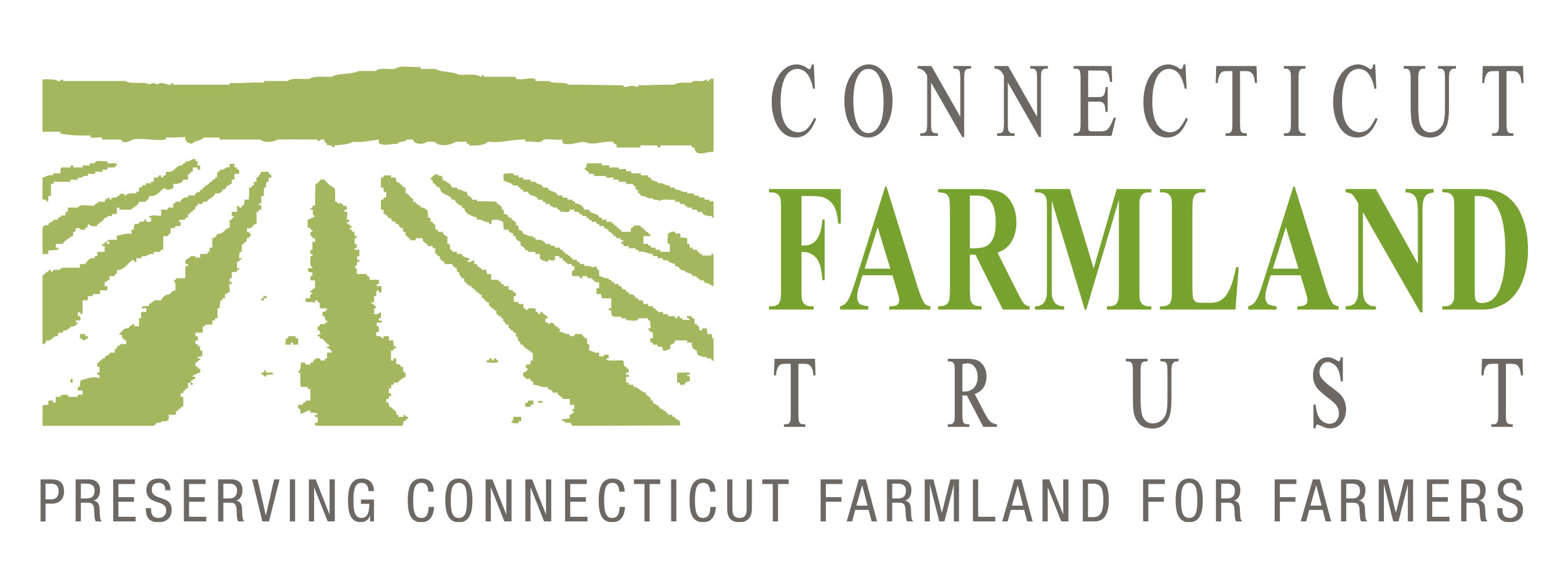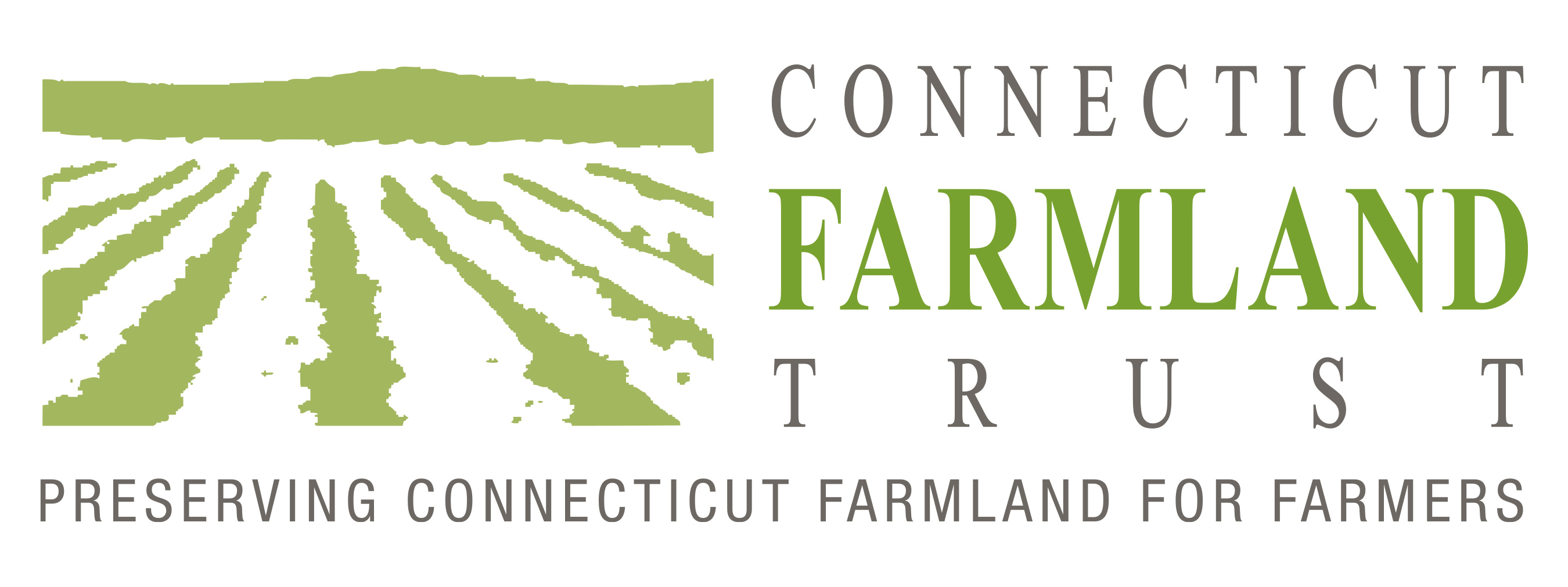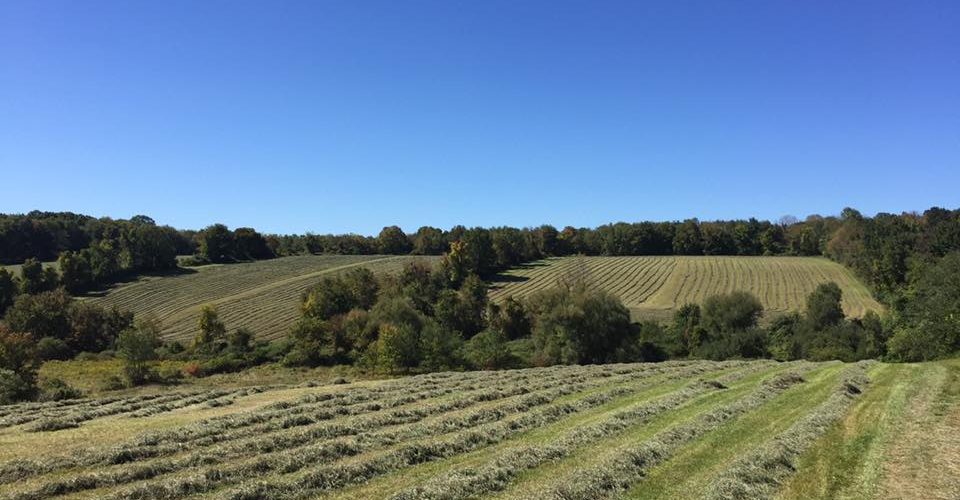Protected by: U.S. Department of Agriculture’s Natural Resources Conservation Service (USDA-NRCS), CT Department of Agriculture, and Connecticut Farmland Trust
Year Protected: 2020
Acres: 61
In June of 2020, an easement was placed on 61-acres of a large and successful hay farm in Bethlehem. This 61-acre parcel of the 450-acre farm was protected in a joint effort by partners Connecticut Department of Agriculture, USDA-Natural Resources Conservation Services (USDA-NRCS), and CFT.
Dick and Peggy Ann Kuss began purchasing farmland decades ago to fulfill Dick’s lifelong dream of becoming a farmer. “My wife and I are eighty now, and we have forty years on the farm!” exclaimed Dick, “From a young age, I knew that I wanted to farm.” Neither Dick nor Peggy were from farming backgrounds. Now, at age 80, they are preserving another portion of their Bethlehem-Woodbury farm that they love.
Until Dick Kuss was nearly forty, the Kusses operated a school bus business. They made a career change as a couple, but kept the school bus business going for a while for two farm-related reasons — he and Peggy wanted income to buy land with and because school buses don’t run in the summer which allowed them to work the land during the growing season.
Today, the couple operates a regional, high-end hay business. Kuss Farm is the third-largest hay business in Connecticut. They sell and distribute hay for horses from other farms across Connecticut and New York. Kuss Farm also grows sweet corn, pumpkins, and vegetables for their roadside stand on Route 132 in Woodbury.
The Kuss family had already preserved two farm parcels through the CT Department of Agriculture’s Farmland Preservation Program; this is the third. In total, Kuss Farm spans across 450 acres in Bethlehem, Woodbury, and Washington Depot. This most recently protected parcel is in Bethlehem and Washington Depot. When the Kuss family applied to the State to preserve this 61-acre parcel, the State reached out to CFT to be their preservation partner. CFT and the State jointly secured an ACEP-ALE grant from the USDA-NRCS.


